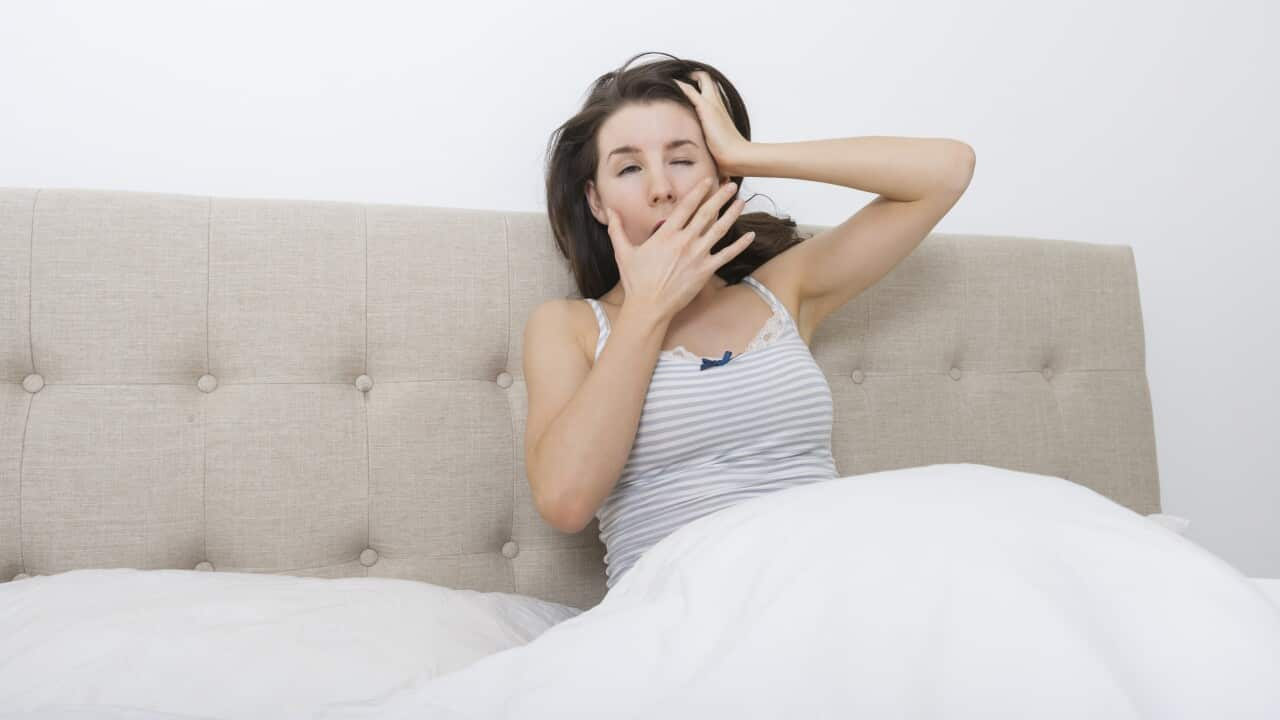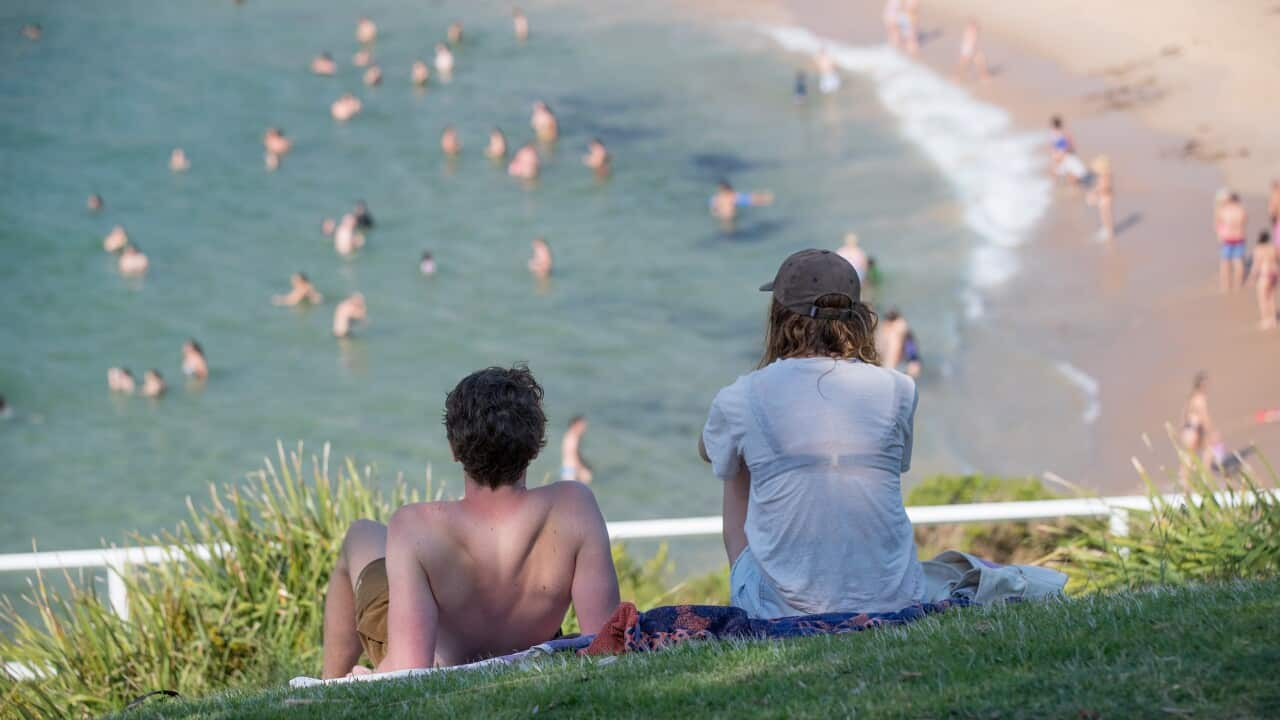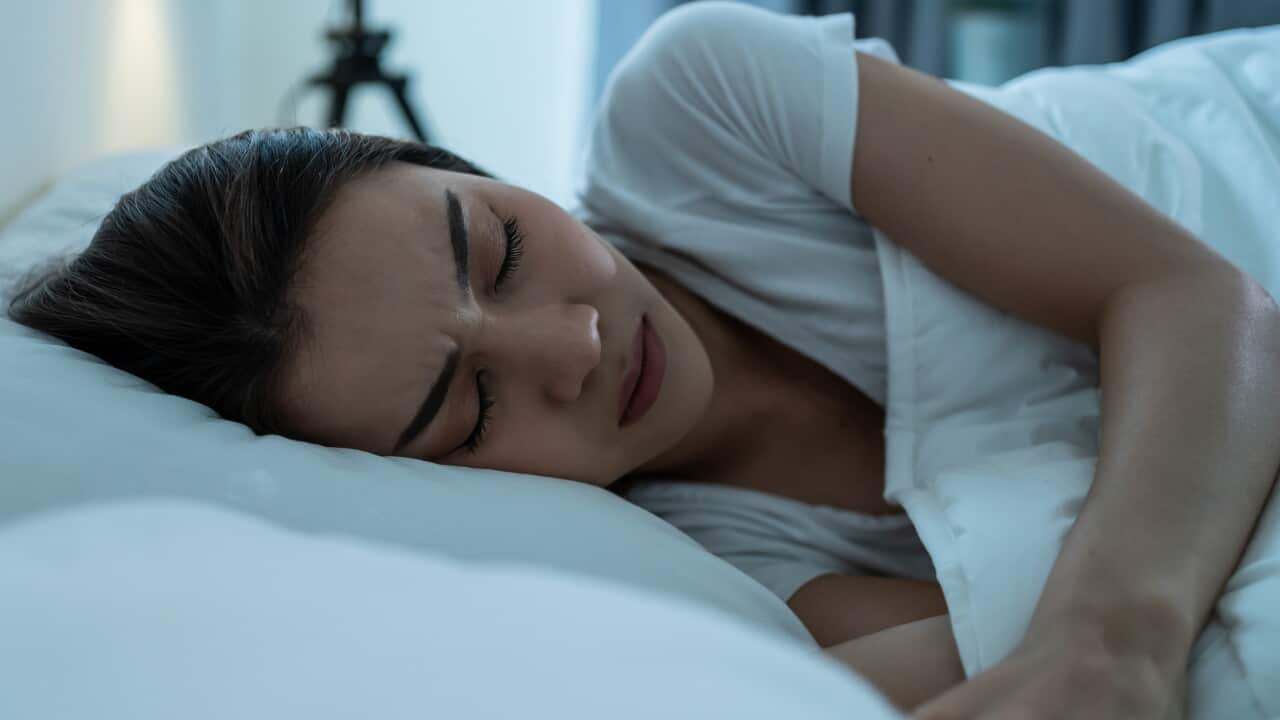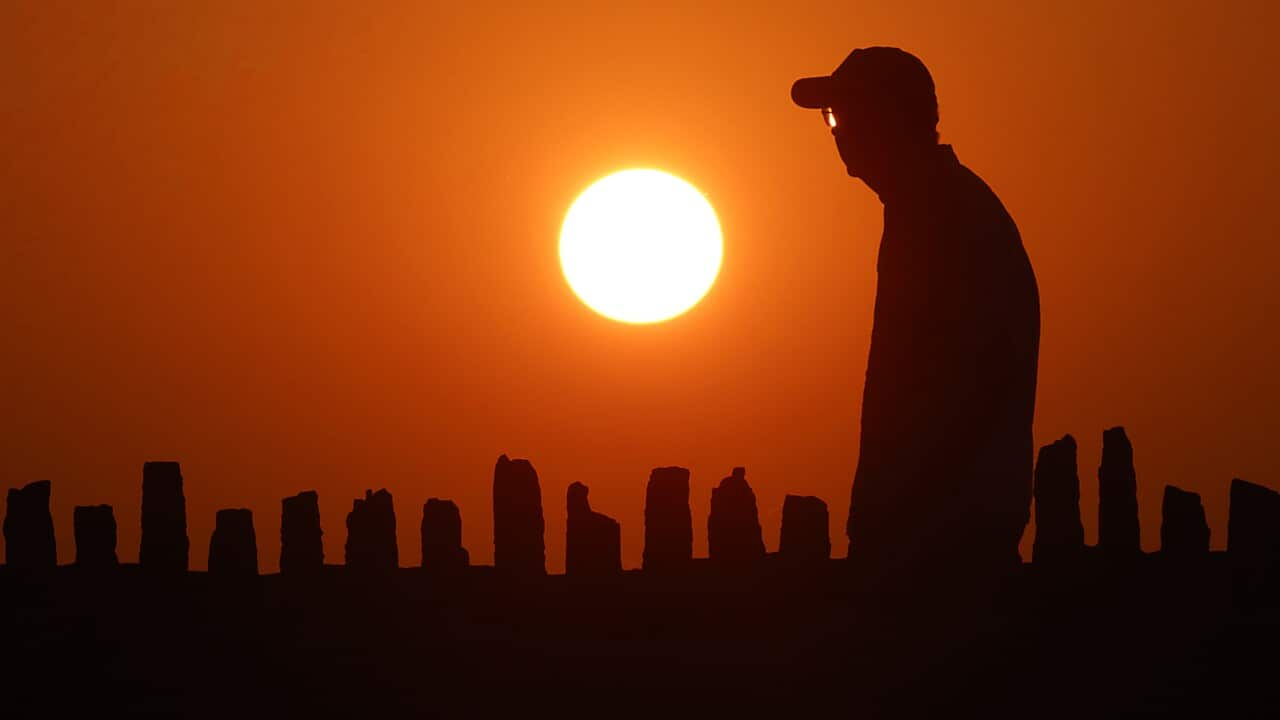This year has been , and as summer gets underway in Australia, areas of the country are already experiencing baking heat.
Parts of NSW are in the middle of a heatwave, and temperatures in parts of Sydney are expected to hit 40C on Thursday.
Climate scientists say the hot weather is set to continue this summer following the return of the .
As temperatures soar, sleep can become an issue for many. Here are some tips for how to get a good night's sleep when it's hot.
Tossing and turning all night
Sleep plays a vital role in good health and well-being, but when it's hot, sleeping can be challenging.
There are a few reasons for this, one of which is that the body needs to lower its core temperature to fall asleep.
"Our body needs a particular temperature to be able to sleep," said Dr David Cunnington, a specialist sleep physician and director of the Melbourne Sleep Disorders Centre.
"The body drops core temperature by diverting blood to the periphery (hands and feet) and surface (skin). If these body parts are in contact with air cooler than 37 degrees celsius, heat is dissipated, and the core body temperature drops, enabling sleep. And if it's hotter than that, it can be hard to fall and stay asleep."
Air moving across the body is an effective way to lower the body temperature, so fans or air conditioning can come in handy, Cunnington said.
"Trying to reduce the temperature our body feels - moving air across the skin helps us shed heat - that's generally the most effective way to sleep when it's hot."
You can also sleep uncovered or use a thin cotton sheet instead of thick bedclothes. Another option is to wear loose clothing that allows for heat exchange.
Take a practical approach
You can take advantage of napping during the day to make up for lost sleep.
"Try to look at the next few days: whether there will be an opportunity to catch up on sleep. For some people napping is a strategy they can use," Cunnington said.
He said people often talk themselves out of sleep because they can become quite anxious about it.
"They are looking at the forecast and thinking, 'Oh, it's going to be so bad, my sleeping is going to be terrible', which almost guarantees it will be bad.
"Instead, you can just take a practical approach and ask yourself: 'Do I have a fan? Should I move it into the bedroom? How else can I make it amenable for me to sleep?'"
Sleep experts also remind us that when it's hot, we lose more moisture, and we need to replace that fluid by making sure we drink enough throughout the day.
People on some medications might have more difficulty regulating body temperature, so they must be more cautious.
"If you can't manage your sleeping environment using air conditioning, consider staying elsewhere during extreme heatwaves, especially if you have medical conditions," said Cunnington.












